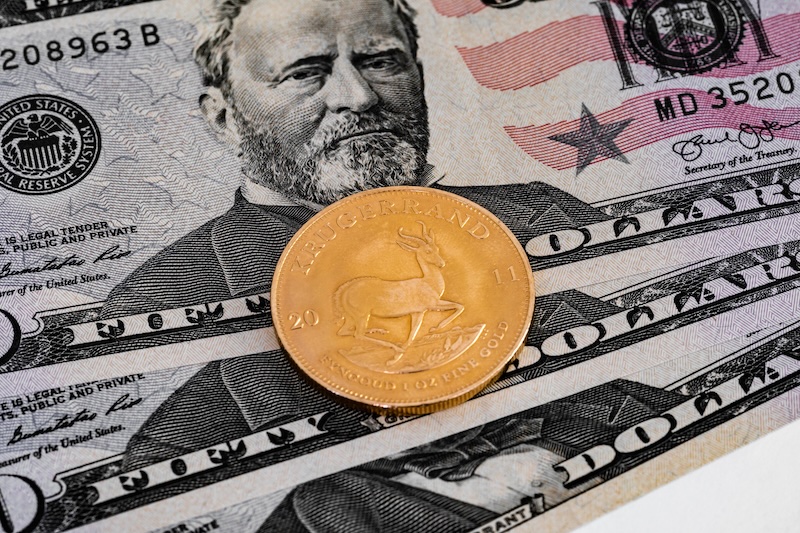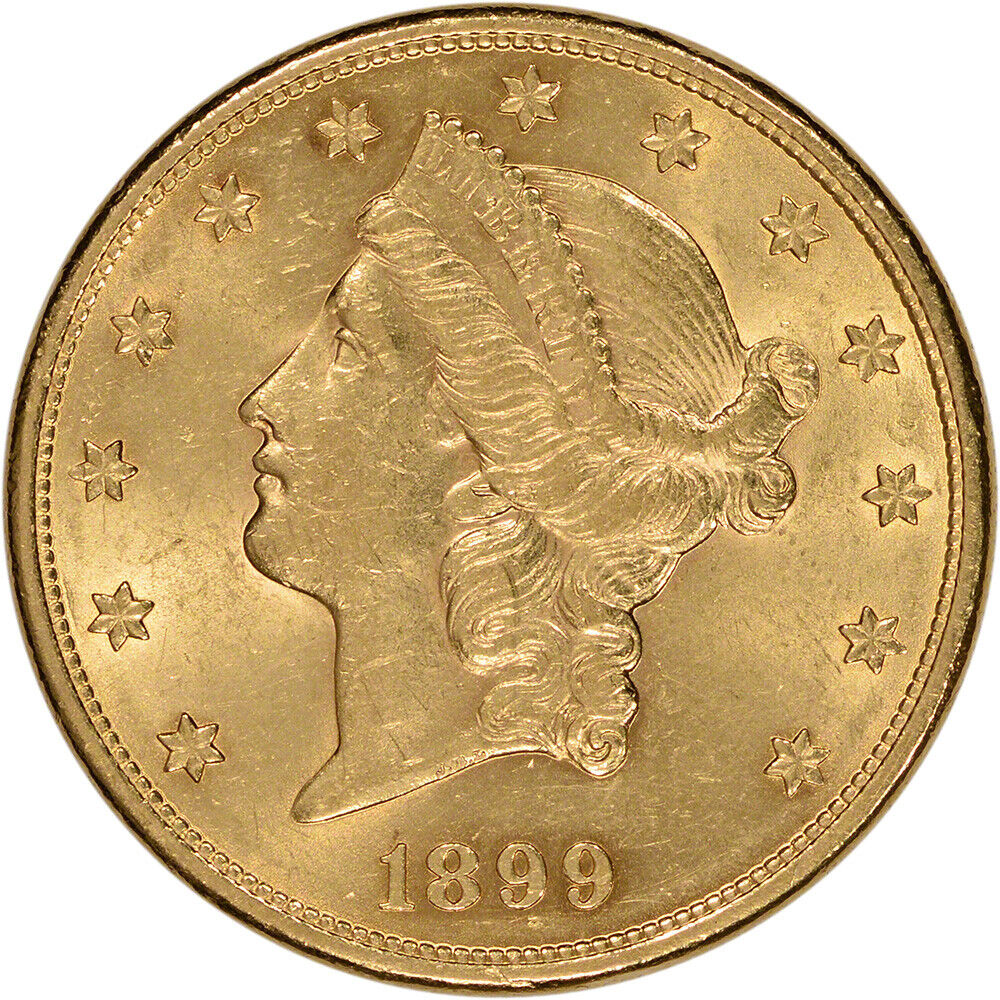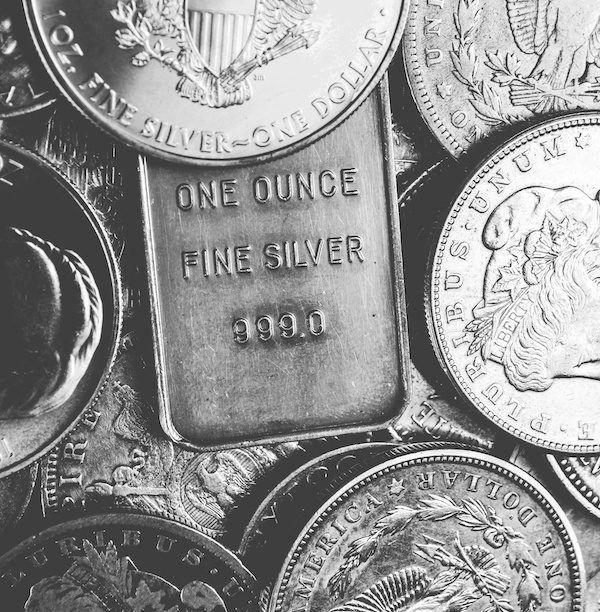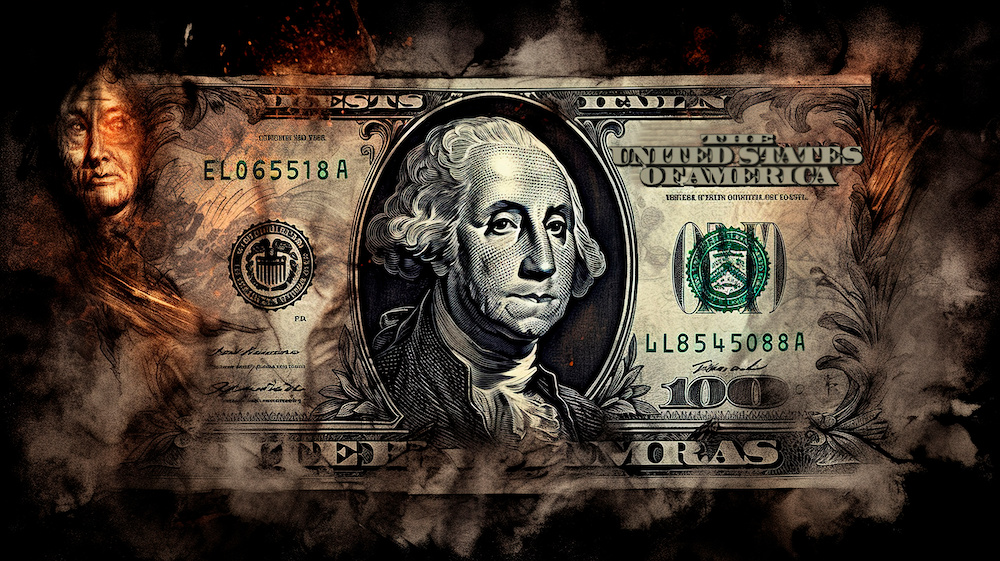Connecticut and Florida have both eliminated state sales tax on purchases of gold and silver bullion.
This isn’t some obscure policy tweak but part of a bigger national movement recognizing that precious metals are not just collectibles or commodities but real money and a hedge against the ever-shrinking purchasing power of the U.S. dollar.
These moves, along with changes in other states, could make it significantly easier for regular Americans to buy, store, and protect their wealth with physical gold rather than relying solely on the dollar.
The move comes at a time when inflation is eroding savings, and the dollar is losing value globally, making bullion more attractive than ever.
Connecticut’s State Sales Tax Repeal
A recently enacted Connecticut law eliminates sales tax on gold and silver bullion. Now, coins, bars, and rounds made of gold, silver, platinum, or palladium are all tax-free. Lawmakers say this change is fair for investors and helps Connecticut keep up with other states. It also means lower prices for anyone buying precious metals, making the state a better place for bullion shops and collectors.
Florida’s Move to Sales Tax Free Bullion
On August 1, 2025, Florida will end state sales tax on physical gold and silver purchases. This change covers a wide range of bullion products, including coins, bars, and certain numismatic items and provides much-needed relief to small retail investors and collectors who have long faced 7% higher premiums due to state taxes. Lawmakers behind the bill cited both economic competitiveness and the need for citizens to protect themselves against inflation as the driving forces.
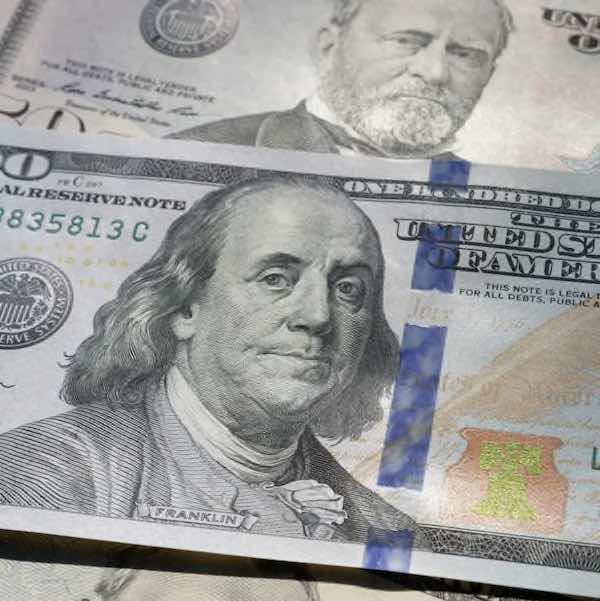
The National Picture
With these two states joining the sound money movement, more than 40 U.S. states now either partially or fully exempt gold and silver bullion from sales tax. What started as a fringe “sound money” campaign has become mainstream financial policy, making it easier and cheaper for Americans to own real, tangible assets. As more states recognize bullion as a form of money, gold, and silver prices are expected to rise as inflation and dollar weakness remain pressing issues.
Why States Are Moving to Recognize Gold and Silver as Money
The push to eliminate sales tax on precious metals isn’t random. It’s the latest step in a broader “sound money” movement that’s been picking up steam across the United States. Advocates argue that gold and silver are constitutionally recognized forms of money, not just investment assets. By removing punitive taxes, states are aligning with the original intent of the Constitution and giving residents a fair chance at preserving their purchasing power.
Legal tender laws and tax repeals have already been passed in states such as Utah, Texas, Missouri, and Oklahoma.
The Big Picture: Gold, the Dollar, and Purchasing Power
When the price of gold rises, it almost always means the dollar is losing ground. Every spike in the gold price is another warning sign that the U.S. dollar’s purchasing power is shrinking.
Central banks worldwide are accumulating gold at record levels. For the first time ever, gold has overtaken the euro as the world’s second-largest reserve asset.
This global pivot is a direct response to mounting doubts about the dollar’s long-term dominance amid persistent inflation and geopolitical uncertainty. For ordinary investors, this means that every dollar they hold buys less and less every year. Meanwhile, gold and silver appreciate in value.
Impact on Investors and Coin Collectors
The benefits are immediate and tangible for buyers in sales tax free states. This means lower upfront costs, smaller premiums, and a fairer, more competitive marketplace.
Local coin shops and bullion dealers also stand to gain, as in-state buyers now have a greater incentive to purchase locally instead of shopping across state lines or online. The changes also bring these states in line with the majority of the country. Ultimately, this new legal landscape makes it easier for anyone to protect their wealth with real, tangible assets.
What’s Next? The Trend Toward Bullion-Friendly Legislation
Don’t expect this trend to slow down. As inflation continues to erode savings and the dollar faces increasing skepticism both domestically and abroad, other states are likely to follow the lead of Connecticut and Florida. Grassroots campaigns, sound money advocates, and even mainstream politicians are now pushing for broader acceptance of gold and silver as a form of money, as well as further tax relief and state-run bullion depositories.
This growing movement signals a shift in how Americans view wealth and security. Expect future proposals to expand legal tender laws, provide more robust consumer protections, and challenge the “taxation of money.” If the current pace holds, it’s only a matter of time before sales tax on bullion is gone nationwide.
Conclusion
Connecticut and Florida’s decision to eliminate state sales tax on gold and silver bullion is about more than just saving a few bucks—it’s a fundamental acknowledgment that precious metals are real money. Central banks accumulating gold and states remove barriers to ownership are a clear signal that protecting your wealth with gold and silver isn’t just smart; it’s becoming increasingly necessary.
Frequently Asked Questions (FAQs)
Why does my state still tax gold and silver purchases?
Many states have not yet passed laws exempting precious metals from sales tax due to budget concerns, a lack of political momentum, or a misunderstanding about bullion as a form of money rather than a commodity. The trend, however, is toward more states eliminating these taxes as public awareness and pressure increase.
Does eliminating sales tax apply to coins, rounds, and bars?
Yes. In both Connecticut and Florida, the tax exemption covers a wide range of gold, silver, platinum, and palladium products—including coins, bars, and rounds that meet specific purity requirements.
How does inflation impact gold and silver prices?
Inflation erodes the value of fiat currency, making each dollar worth less over time. As a result, the price of gold and silver tends to rise as investors seek assets that hold value and act as a hedge against inflation.
What does it mean that gold is now a bigger reserve asset than the euro?
Central banks globally have shifted a greater proportion of their reserves into gold than into euros. This historic change signals declining confidence in traditional currencies and a growing recognition of gold as the ultimate store of value.
How can I purchase bullion tax-free if I’m not in Florida or Connecticut?
Check if your state offers a similar exemption. If not, some online dealers may allow you to ship purchases to a sales-tax-free state or help structure transactions to minimize or legally avoid sales tax. Always research current state laws and dealer policies before making a purchase.


